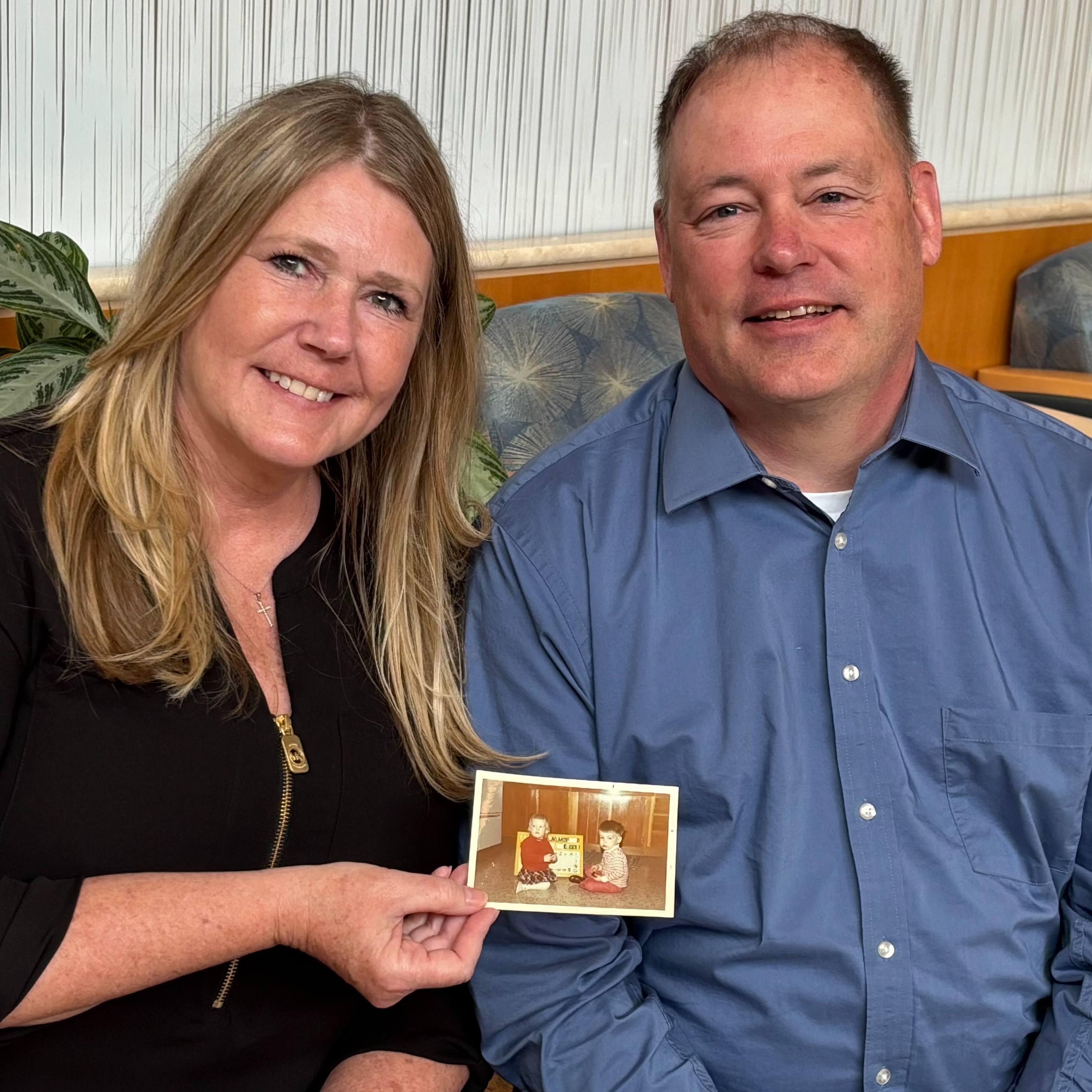-
Resolving Conflicts Over End-of-Life Care: Mayo Clinic Experts Offer Tips
ROCHESTER, Minn. — November 27, 2012. It's one of the toughest questions patients and their loved ones can discuss with physicians: When is further medical treatment futile? The conversation can become even more difficult if patients or their families disagree with health care providers' recommendations on end-of-life care. Early, clear communication between patients and their care teams, choosing objective surrogates to represent patients and involving third parties such as ethics committees can help avoid or resolve conflicts, Mayo Clinic experts Christopher Burkle, M.D., J.D., and Jeffre Benson, M.D., write in the November issue of Mayo Clinic Proceedings.
"Health care professionals in the United States have struggled with the importance of maintaining patient autonomy while attempting to practice under the guidance of treatments based on beneficial care," Dr. Burkle, the study's lead author, says.
practice under the guidance of treatments based on beneficial care," Dr. Burkle, the study's lead author, says.
Tips from Drs. Burkle and Benson to effectively discuss end-of-life care include:
- Clear communication: Early and clear communication between health care providers and patients or their surrogates is the best way to avoid disagreement over whether medical care should continue. Recent studies show that more than 95 percent of such disputes are resolved through mediated meetings involving physicians and patients/surrogates.
- Choose objective surrogates if patients cannot represent themselves: The surrogate's role is to stand in the shoes of the patient and suppress his or her own judgment in favor of what the patient would have done. However, it is important to acknowledge that medical surrogates often struggle to balance their wishes for the patient with the patient's own wishes. Studies have found that not only do many surrogates fail to accurately predict a patient's treatment wishes, but when asked to resolve disputes, they are more likely to show bias by overestimating the patient's desire for continued treatment.
- Involve third parties when necessary: When health care providers and patients or their advocates cannot agree on end-of-life care, involving a third party becomes necessary. Beginning in 1992, the Joint Commission, the largest hospital accreditation organization in the United States, required hospitals to establish procedures for considering ethical issues. Hospital-based ethics committees have been the most common response to this requirement.
"End-of-life care will continue to be an ongoing discussion within the medical community; however, it is important that medical care providers and patients/medical surrogates continue to dialogue," Dr. Burkle says. "Only then can experts continue to offer insight into the effectiveness of systems used in countries that have moved to a more patient-centrist approach to end-of-life care treatment choices."
To interview Dr. Burkle or Dr. Benson about end-of-life care, contact Alaine Westra at westra.alaine@mayo.edu or 507-284-5005.
About Mayo Clinic Proceedings
The flagship journal of Mayo Clinic and one of the premier peer-reviewed clinical journals in general medicine, Mayo Clinic Proceedings is among the most widely read and highly cited scientific publications for physicians, with a circulation of approximately 124,000. While the Journal is sponsored by Mayo Clinic, it welcomes submissions from authors worldwide, publishing articles that focus on clinical medicine and support the professional and educational needs of its readers.
###
About Mayo Clinic:
Recognizing 150 years of serving humanity in 2014, Mayo Clinic is a nonprofit worldwide leader in medical care, research and education for people from all walks of life. For more information, visit 150years.mayoclinic.org, www.mayoclinic.org and newsnetwork.mayoclinic.org.
Media Contact: Alaine Westra, 507-284-5005 (days), newsbureau@mayo.edu







